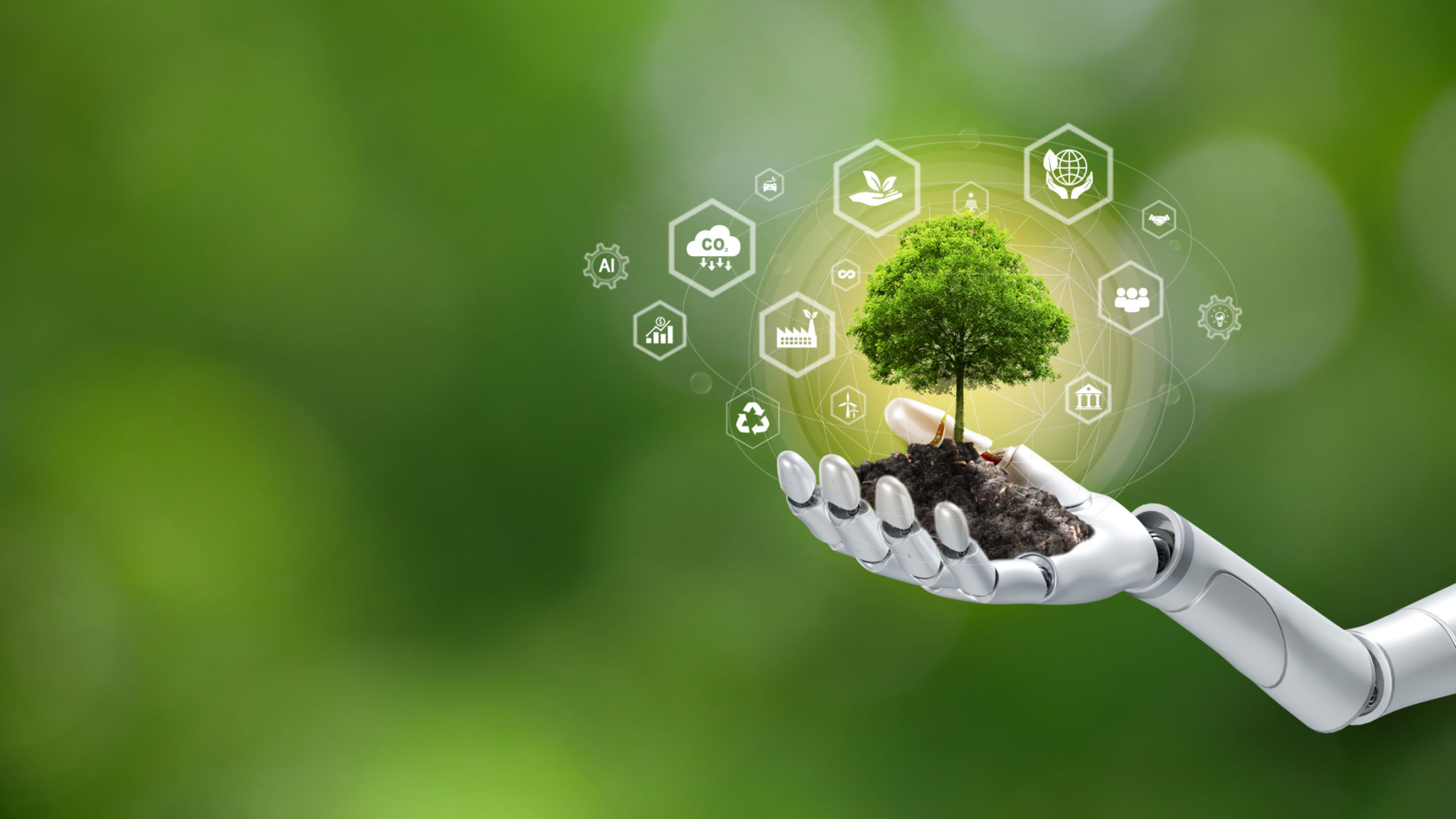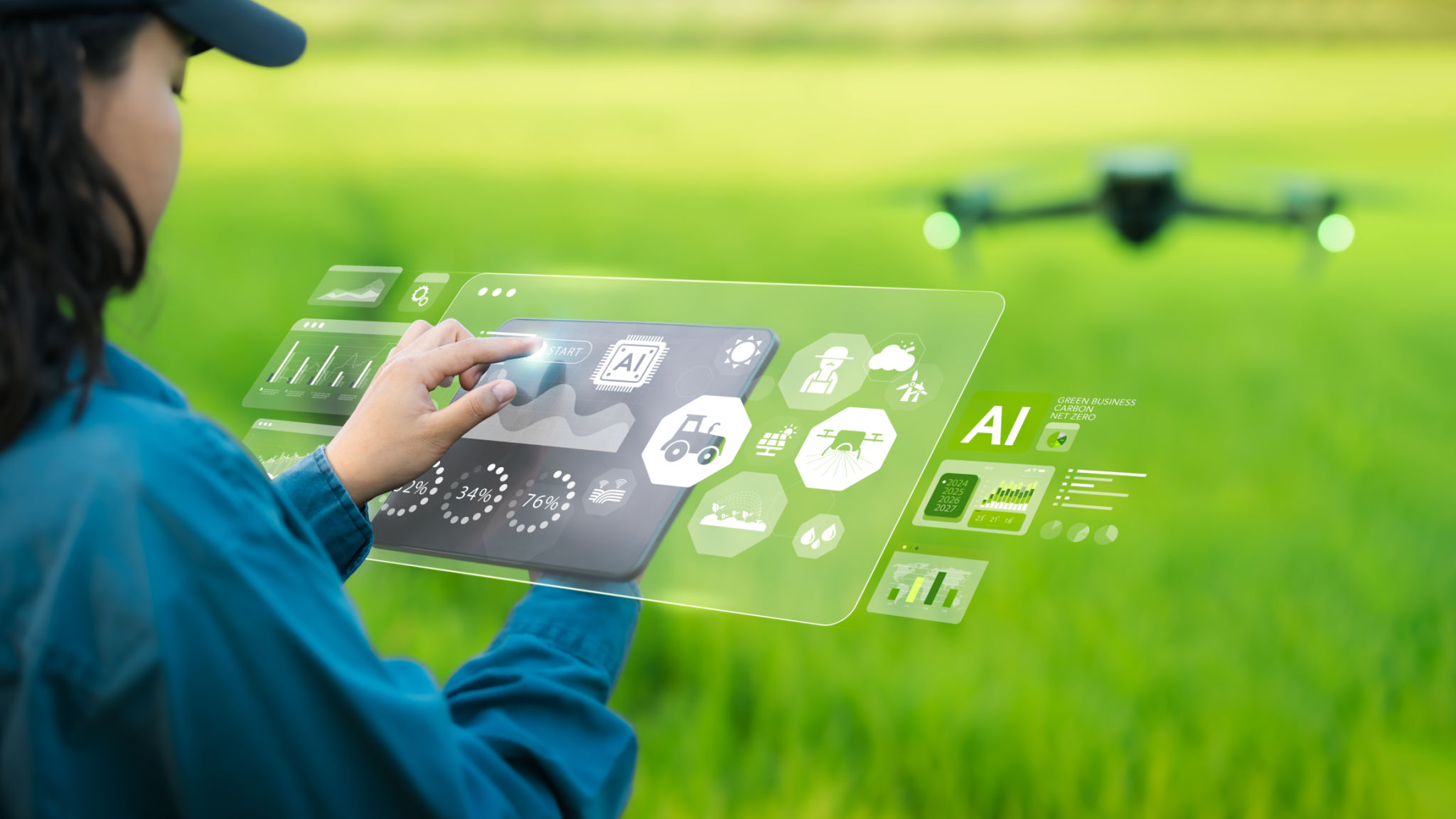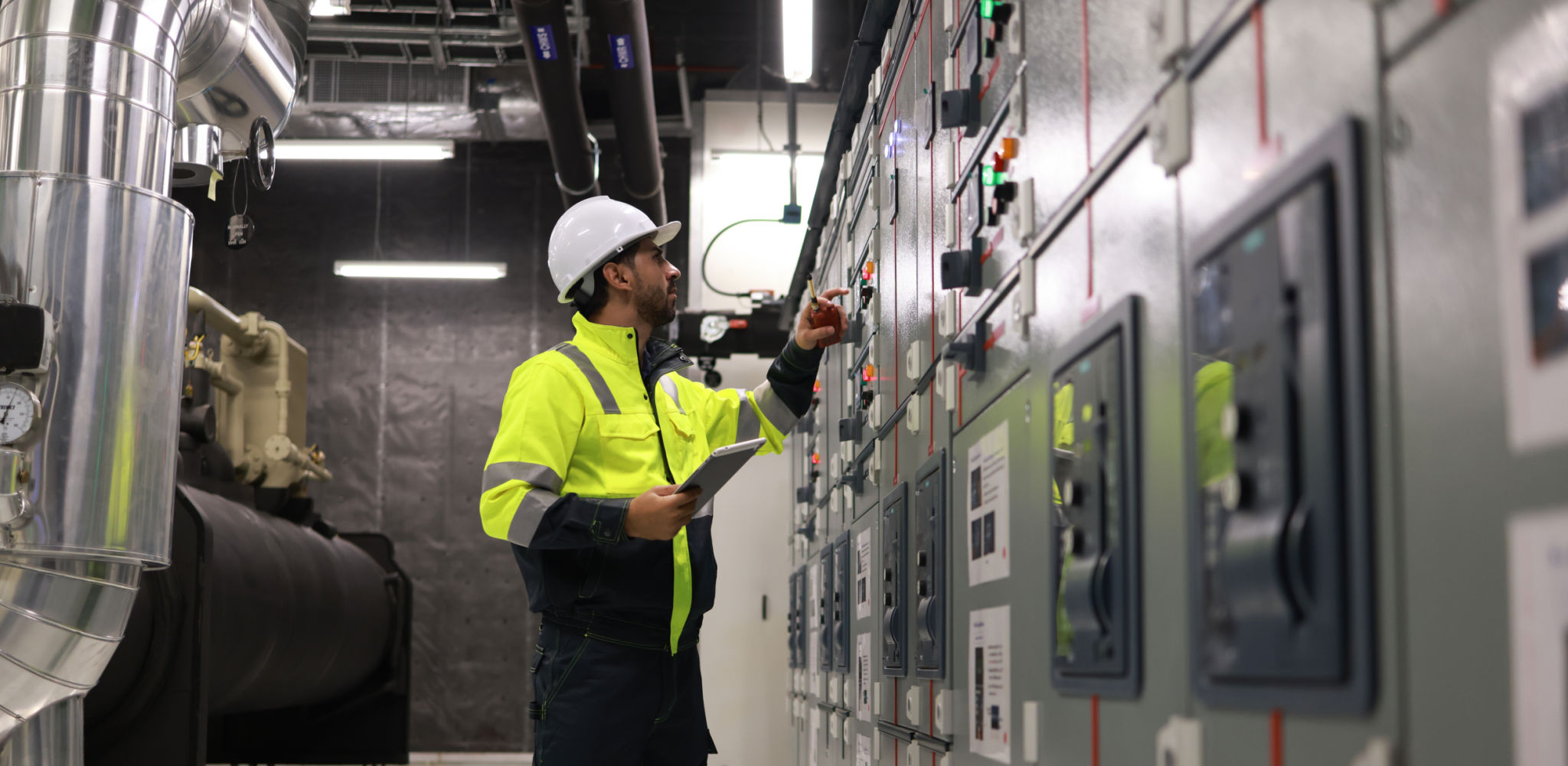Leveraging AI for Sustainable Practices in Otago’s Industries
DW
Introduction to AI in Otago's Industries
As global industries push towards more sustainable practices, the integration of Artificial Intelligence (AI) has become a crucial factor in achieving these objectives. In Otago, a region renowned for its diverse industrial landscape, AI is playing a transformative role in enhancing sustainability. From agriculture to manufacturing, AI technologies are helping industries reduce waste, optimize resources, and minimize environmental impact.

AI in Agriculture: Optimizing Resources
Otago's agriculture sector is leveraging AI to optimize resource usage and improve crop yields. Through precision farming techniques, AI systems analyze vast amounts of data from soil sensors, weather forecasts, and satellite imagery. This data-driven approach enables farmers to make informed decisions on irrigation, fertilization, and pest control, significantly reducing water and chemical usage while maximizing productivity.
Smart Irrigation Solutions
One of the remarkable applications of AI in agriculture is in the development of smart irrigation systems. These systems use AI algorithms to determine the precise amount of water needed for crops, based on real-time data and predictive analytics. As a result, water conservation is enhanced, contributing to more sustainable agricultural practices in the region.

Manufacturing: Reducing Waste and Energy Consumption
The manufacturing sector in Otago is also witnessing a shift towards sustainability through AI integration. AI-powered systems in factories can analyze production processes and identify inefficiencies. By optimizing these processes, manufacturers can reduce waste and energy consumption, leading to both cost savings and a lower carbon footprint.
Predictive Maintenance
AI-driven predictive maintenance is another innovative application within Otago's manufacturing sector. By monitoring equipment performance and predicting potential failures before they occur, companies can reduce downtime and extend machinery life. This proactive approach not only enhances efficiency but also reduces waste from unnecessary part replacements.

Transportation: Enhancing Efficiency and Reducing Emissions
In the transportation industry, AI is contributing to sustainability by improving logistics and reducing emissions. AI-powered route optimization tools help logistics companies in Otago plan the most efficient paths for deliveries, minimizing fuel consumption and emissions. Additionally, AI is being used to develop autonomous vehicles that promise cleaner and more efficient transport solutions for the future.
Smart Traffic Management
AI systems are also being employed to manage traffic flow in urban areas more effectively. By analyzing traffic patterns in real-time, these systems can adjust traffic signals to reduce congestion and lower vehicle emissions, creating a more sustainable urban environment.

Future Prospects and Challenges
While the potential of AI to drive sustainability in Otago's industries is immense, there are challenges to address. These include data privacy concerns, the need for skilled personnel to manage AI systems, and the initial investment costs associated with implementing AI technologies. However, with ongoing advancements and support from both government and private sectors, these challenges are gradually being overcome.
Overall, the integration of AI into Otago's industries represents a significant step towards achieving sustainable practices. As technology evolves, it will continue to offer innovative solutions that balance economic growth with environmental stewardship.